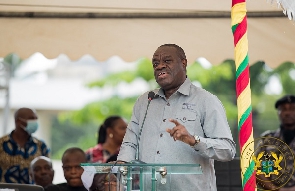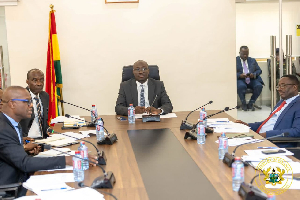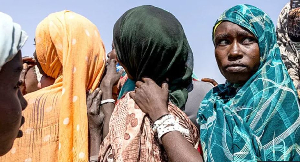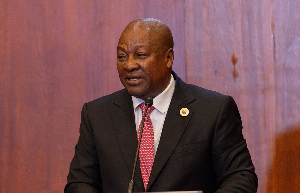Ibrahim Mohammed Awal, Minister of Tourism Arts, and Culture, has urged tourism industry players to build succession plans for their businesses before exiting.
He said tourism businesses must build succession plans and let their successors know the values that made their businesses successful so that even after their exit the businesses would stay and continue to grow and contribute to the development of the sector and the economy.
According to the sector minister, research has shown that most Ghanaian tourism businesses like hotels, and restaurants, among others collapse immediately after the owners exit either through death or retirement, only 50 percent survive, and that was not the best way to grow any business.
“Start building secessions, don’t wait to look old before you start looking for who to succeed you. Whether they are your relatives, students, or those who have gone to the through mill, build succession and their confidence capabilities and give them the social capital and the network or contacts you have built with suppliers, buyers, and everybody in the chain”, he said.
He made this observation when he engaged some tourism industry stakeholders to discuss the policies put in place by the ministry, the progress made so far, and the request for their continued partnership to deliver on the ministry’s mandate, on Wednesday, in Accra.
He said no single Ghanaian company was included in the top 100 successful businesses in Africa and the government was ready and committed to building an indigenous Ghanaian businesses enclave with the support of stakeholders.
He said stakeholders must help the government build Ghana’s tourist attractions and provide quality services to retain tourists.
He continued by saying, “Let us build a thriving domestic tourism sector to retain and maintain our domestic tourists. And that is how to build an economy. We cannot build an economy only on foreign capital but on Ghanaian capital and expertise.”
“Government is committed to building that thriving domestic tourism sector that also qualifies to give the good services that we get in the landmark hotels outside the country.”
The Minister said tourism was supposed to generate so much in terms of jobs and revenue for the country and the Ministry’s goal in the next four years together with stakeholders was to generate six billion dollars’ minimum as tourism receipts, by getting at least two million people coming into the country.
“I want to pledge our commitment and to urge industry players to support us. We want to create 100,000 jobs every year from the sector. Africa needs to create 50 million jobs for the next generation and the tourism, arts, and culture sector is ready to contribute 150,000 jobs per annum for young people in the tourism sector”, he added.
He expressed the government’s appreciation to stakeholders for their support and efforts, saying “Together we would build the Ghana we want.”
On the issue of traffic increments affecting the industry, Ibrahim Mohammed Awal said it was due to some economic challenges and the government was working to restore macroeconomic stability.
Akwasi Agyeman, Chief Executive Officer of Ghana Tourism Authority, said so far tourism was one of the sectors that had seen massive improvement under this government and this engagement sought to bring to bear the product improvements, digitization drive, marketing plan, the destination Ghana project, December in GH, the Beyond the Return and every initiative under one conversation.
He said the engagement was also for them to hear the stakeholders out to know what their challenges were and how they could address them.
“Some of the challenges include poor road networks to tourist sites, visa issues, taxes, and tariffs. There are a lot of them we can deal with on our own and others we would have to engage other ministries.”
“We need to work with the private sector because even though we are leading the industry, they are the ones driving it. They need to align with our vision”, he said.
Regional News of Monday, 4 September 2023
Source: GNA













